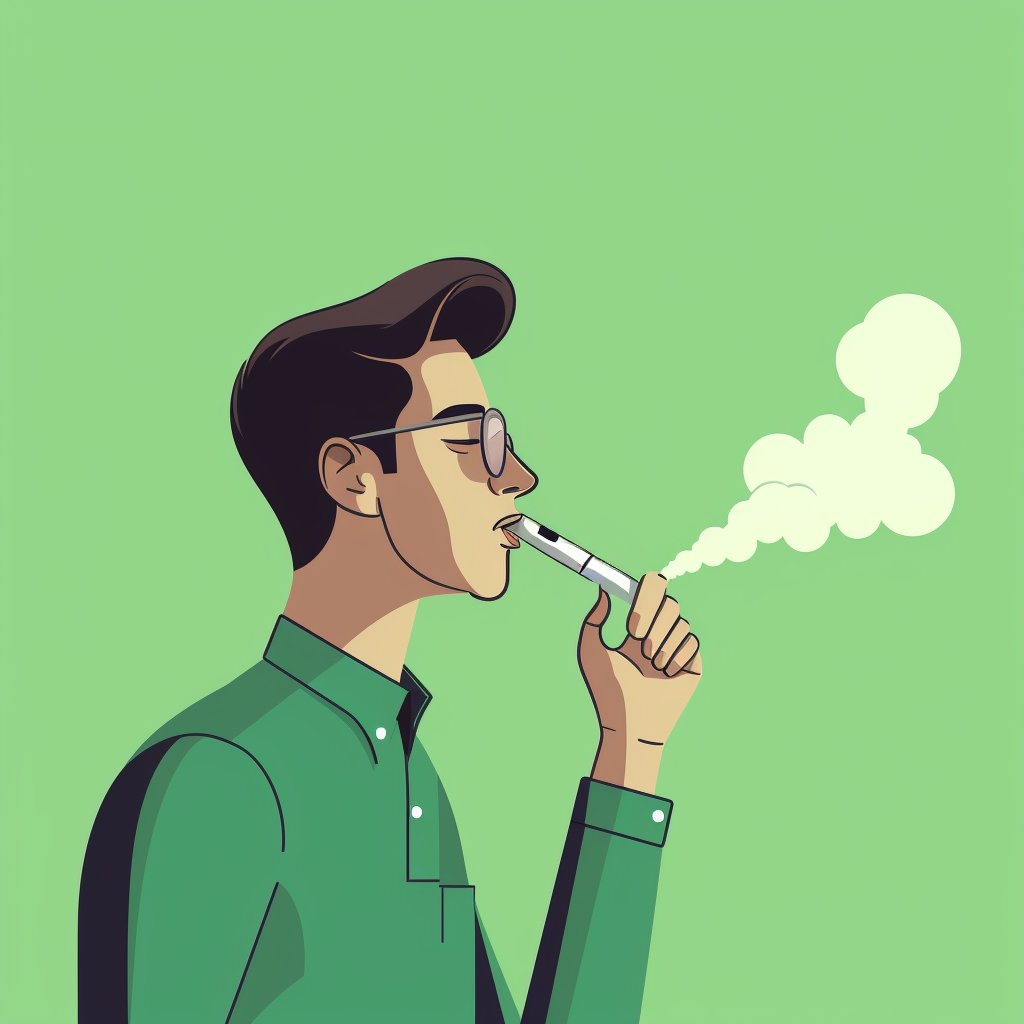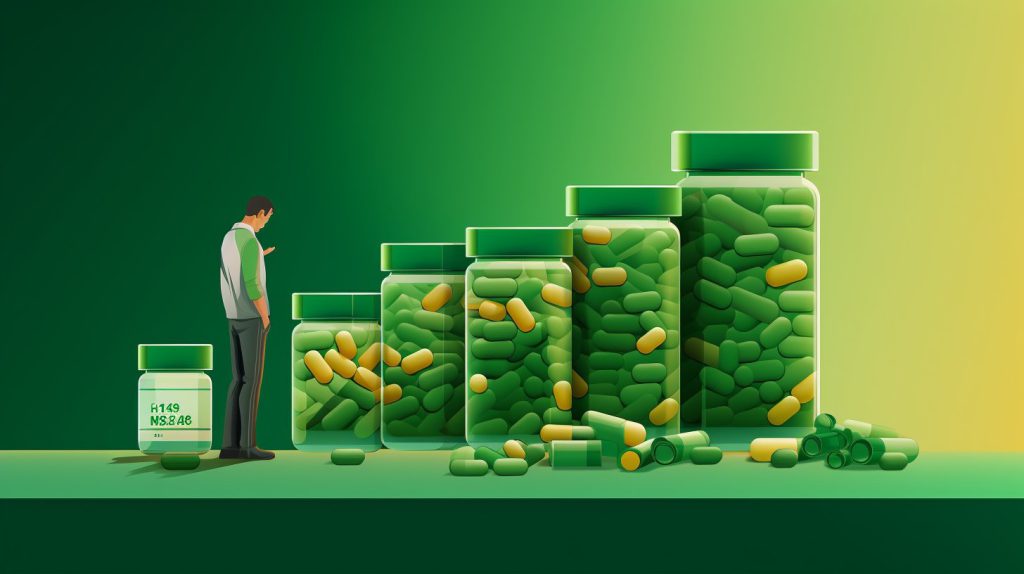
INFJs, short for Introverted, Intuitive, Feeling, and Judging, are known for their deep understanding of others and their visionary outlook. In this exploration, we delve into the unique dynamics of INFJ and addiction.
Picture a personality driven by sensitivity, empathy, and a relentless pursuit of ideals. As we navigate this fascinating landscape, our focus is on uncovering the subtle interplay between the distinctive traits of INFJ individuals and their susceptibility to addiction.
INFJ Personality
INFJs, characterized by Introverted, Intuitive, Feeling, and Judging traits, represent individuals with a profound and contemplative approach to life. These individuals navigate the complexities of existence with an innate capacity for introspection and an acute awareness of the emotional landscape.
Strengths:
- Empathy: INFJs excel in the nuanced understanding of human emotions, forging deep and meaningful connections.
- Insight: Their contemplative nature facilitates a comprehensive understanding of the world, fostering personal and interpersonal growth.
- Visionary Thinking: INFJs possess an idealistic mindset, driven by a vision for positive transformation.
Weaknesses:
- Idealism: The pursuit of lofty ideals may engender internal conflicts, especially when confronted with the pragmatism of reality.
- Perfectionism: Striving for excellence, INFJs may contend with self-imposed pressure, potentially influencing susceptibility to challenges such as addiction.
| Discover: Do INFJs Have Social Anxiety?
INFJ Personality and Addiction

Sensitivity and Empathy
INFJs, with their finely tuned sensitivity and deep empathy, often find themselves attuned to the emotional undercurrents of the world. While this heightened emotional awareness serves as a profound strength, it also exposes them to the risk of absorbing the emotional burdens of others.
Back to INFJ and addiction, this acute sensitivity can act as a catalyst, driving them towards addictive behaviors as a coping mechanism to navigate and alleviate the overwhelming emotions they absorb from their surroundings.
| Explore: The Connection Between INFJ and ADHD
Idealism and Perfectionism
INFJs are driven by lofty ideals and an unwavering pursuit of perfection, setting a high bar for themselves and their aspirations. Yet, the admirable pursuit of excellence can become a potential vulnerability when reality diverges from their ideals. The inherent tension between their vision and the imperfections of life can create internal conflicts.
In the context of INFJ and addiction, this conflict may escalate susceptibility as the pressure of unmet expectations becomes a potential trigger, prompting them to seek solace in addictive substances or behaviors as a means of escape.
Coping Strategies
As INFJs navigate their inner worlds and external challenges, they often develop coping mechanisms to manage stressors. Unfortunately, these coping mechanisms may take an unhealthy turn, leading to addictive tendencies. Whether it be substances or behaviors, the allure of a temporary escape becomes enticing.
Understanding these coping mechanisms is crucial in unraveling the complex relationship between INFJ and addiction, providing insights into the patterns that contribute to the development of addictive tendencies in individuals with this personality type.
If you are an INFJ struggling with depression, this article could help you a lot: INFJ Depression
INFJ Substance Abuse

The review of INFJ substance abuse reveals nuanced patterns shaped by their intricate personalities. INFJs, with their introspective and empathetic nature, may grapple with substances as a means of navigating the complexities of their emotional landscape. This exploration explains how substance abuse intertwines with the unique traits of INFJs, offering a glimpse into the challenges they may face in this arena.
Triggers
With understanding the specific stressors that resonate with this personality type, we can unravel the triggers that lead INFJs towards substance abuse
Common triggers often stem from the overwhelming emotional weight they carry, whether absorbed from others or generated internally through their idealistic pursuits. External pressures, societal expectations, and a sense of unmet ideals can act as catalysts, propelling INFJs towards substances as a coping mechanism.
Recognizing these triggers is essential in developing strategies to mitigate the risk of substance abuse among individuals with the INFJ personality.
Seeking Comfort
INFJs, seeking solace in the face of their intense emotional experiences, may turn to substances as a source of comfort or escape. The desire to alleviate the constant emotional fluctuations, coupled with an inclination towards perfectionism, can drive them to seek refuge in substances. Unfortunately, what starts as a quest for comfort may evolve into a pattern of dependency.
Understanding how INFJs utilize substances as a means of coping provides valuable insights into the intricate dynamics of INFJ substance abuse, offering a foundation for targeted interventions and support.
| Suggestion: INFJ and OCD | Is There a Connection?
INFJ Alcohol Abuse

Alcohol as a Coping Mechanism
Delving into the intricacies of INFJ alcohol abuse unveils a specific relationship shaped by their unique personality traits. INFJs, with their proclivity for introspection and heightened emotional sensitivity, may turn to alcohol as a coping mechanism.
The allure lies in the temporary escape it offers from the complexities of their inner world and the burdens they carry, making it essential to understand how this coping strategy unfolds within the INFJ framework.
Social Pressures
INFJs, despite their internal strength, may find themselves susceptible to societal pressures related to alcohol consumption. The social landscape often dictates certain norms and expectations, creating a scenario where INFJs, seeking harmony and connection, might succumb to the prevailing culture around alcohol.
Navigating these external pressures becomes a delicate balance for INFJs, and understanding the dynamics at play is pivotal in addressing the intersection of societal expectations and alcohol abuse within this personality type.
Impact on Mental Health
Exploring the depths of INFJ alcohol abuse necessitates an examination of its potential impact on mental well-being. For individuals wired for deep introspection, alcohol abuse can disrupt the delicate equilibrium of their mental health. The consequences may manifest in heightened emotional turmoil, exacerbating existing challenges associated with perfectionism and idealism.
Understanding how alcohol abuse affects the mental health of INFJs is crucial in crafting tailored interventions that address both the substance abuse issue and the intricacies of their unique psychological landscape.
Discover:
HealWiser’s Last piece of Advice
The interplay of sensitivity, idealism, and coping mechanisms paints a nuanced picture of the challenges INFJs may face when it comes to addictive tendencies. To those who are navigating the complexities of INFJ and addiction, remember, seeking help is an act of strength, not weakness. Embrace the support systems around you and recognize that resilience lies in acknowledging and addressing challenges. You’re not alone in this journey, and there is hope and healing awaiting those who reach out.
Sharing your experiences can provide valuable insights and emotional support. So…
…share your story with HealWiser and others in the comments section below this post.






